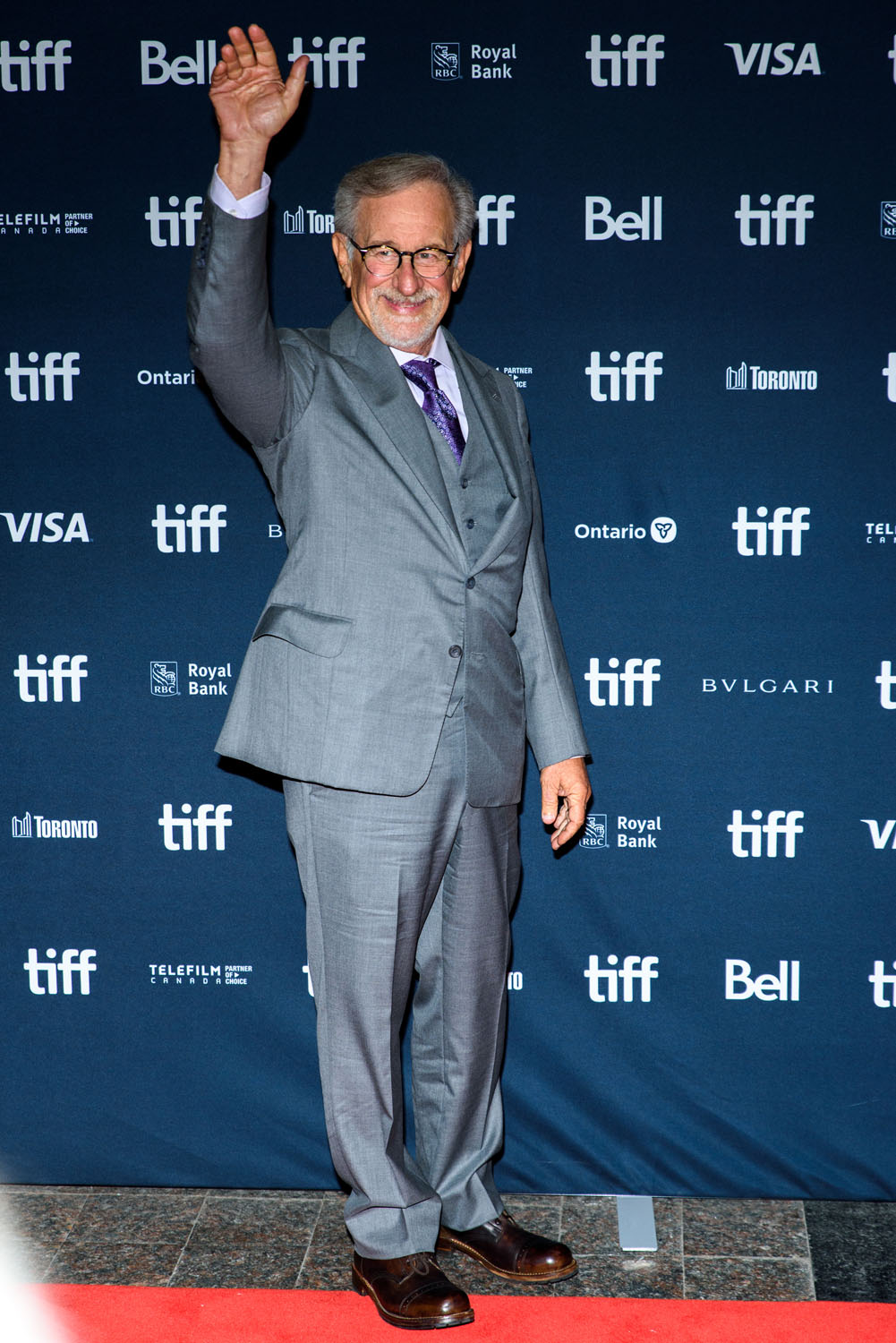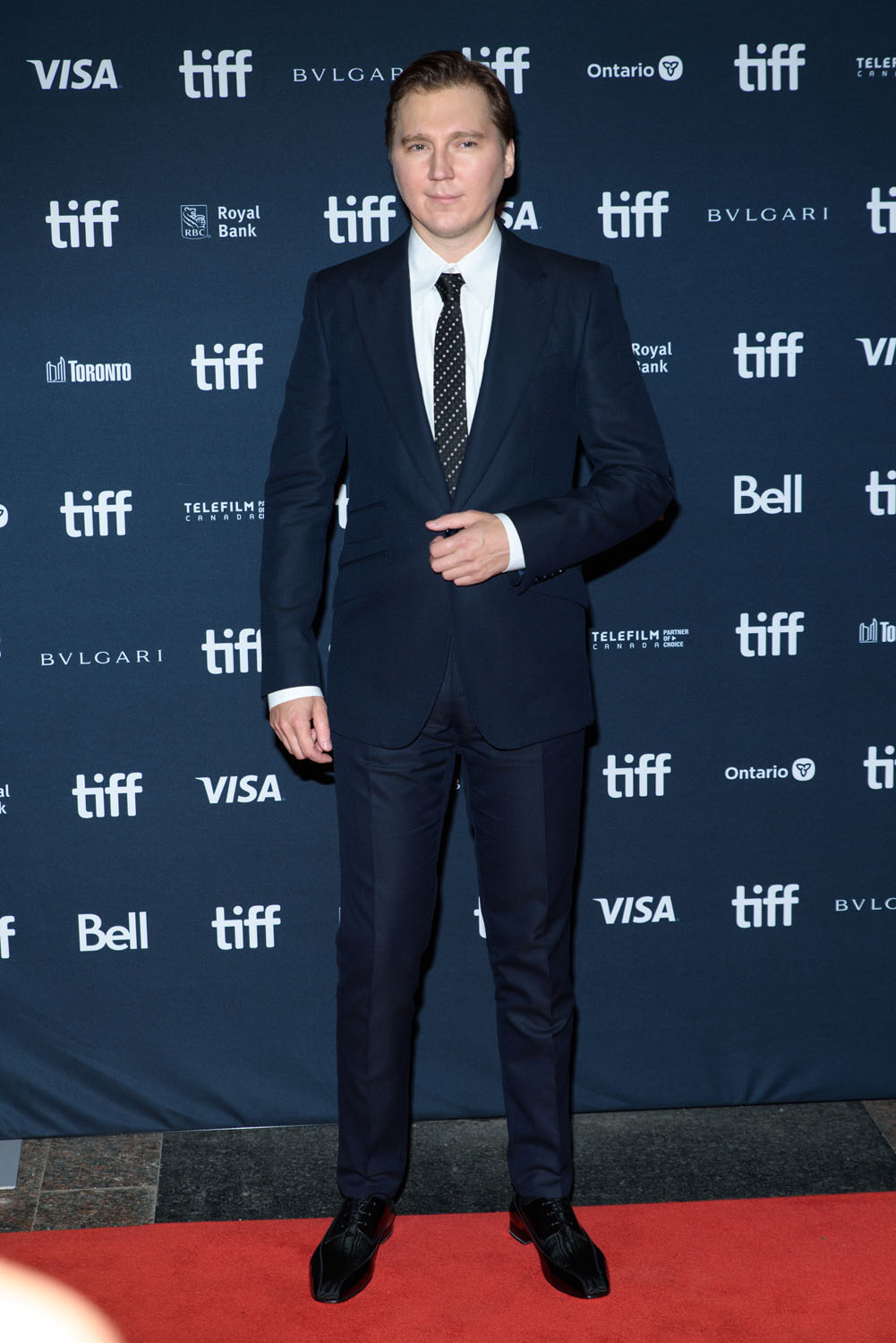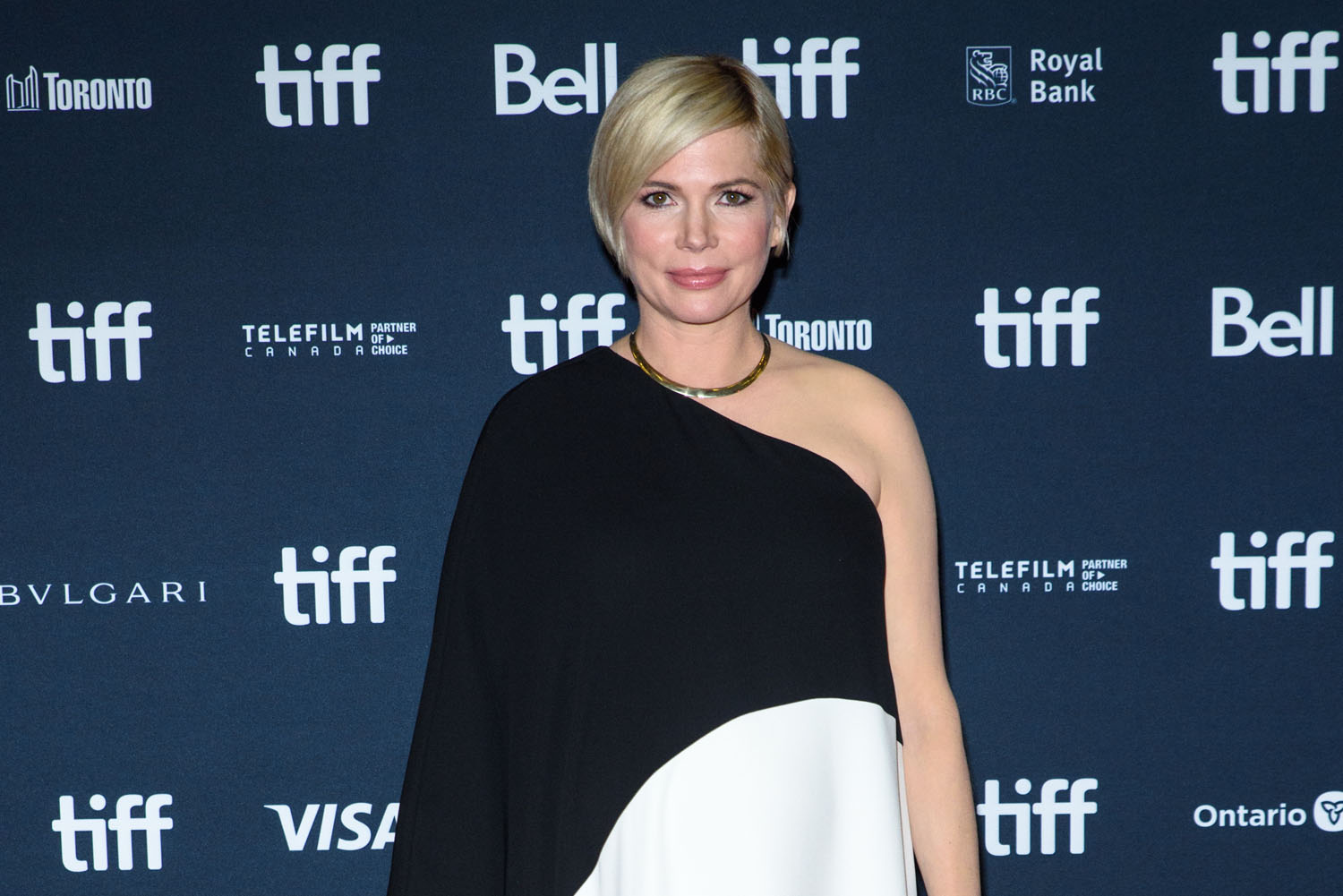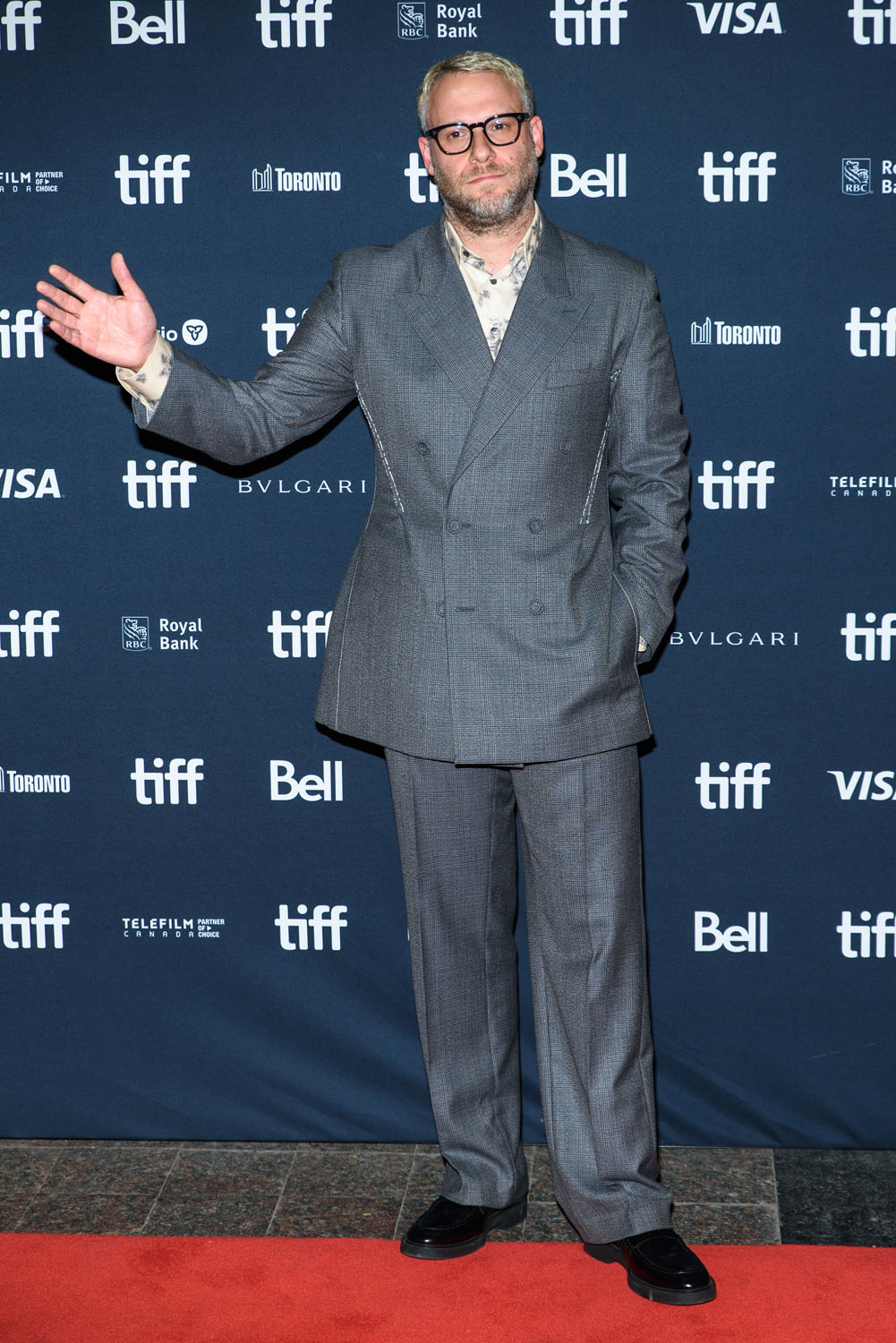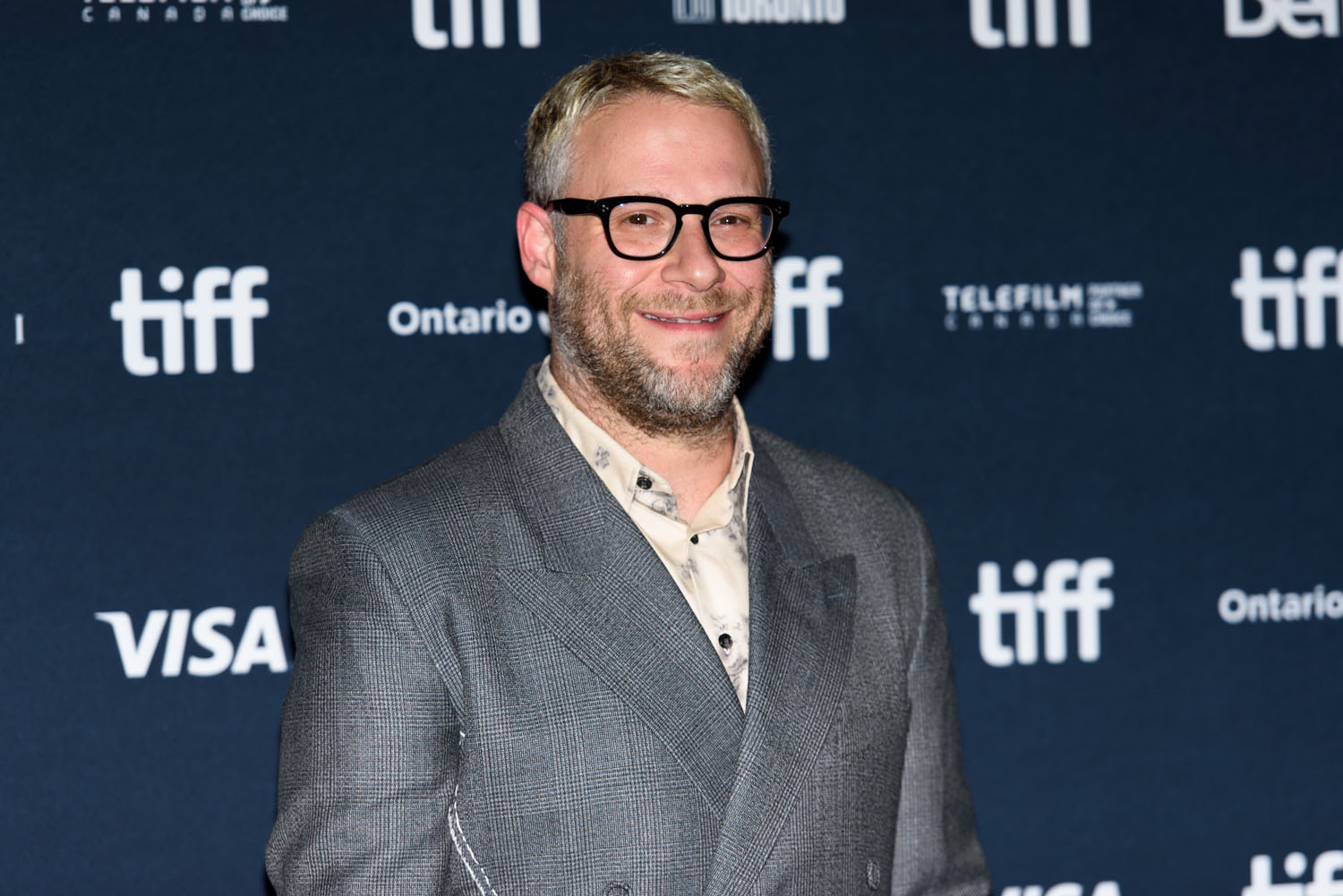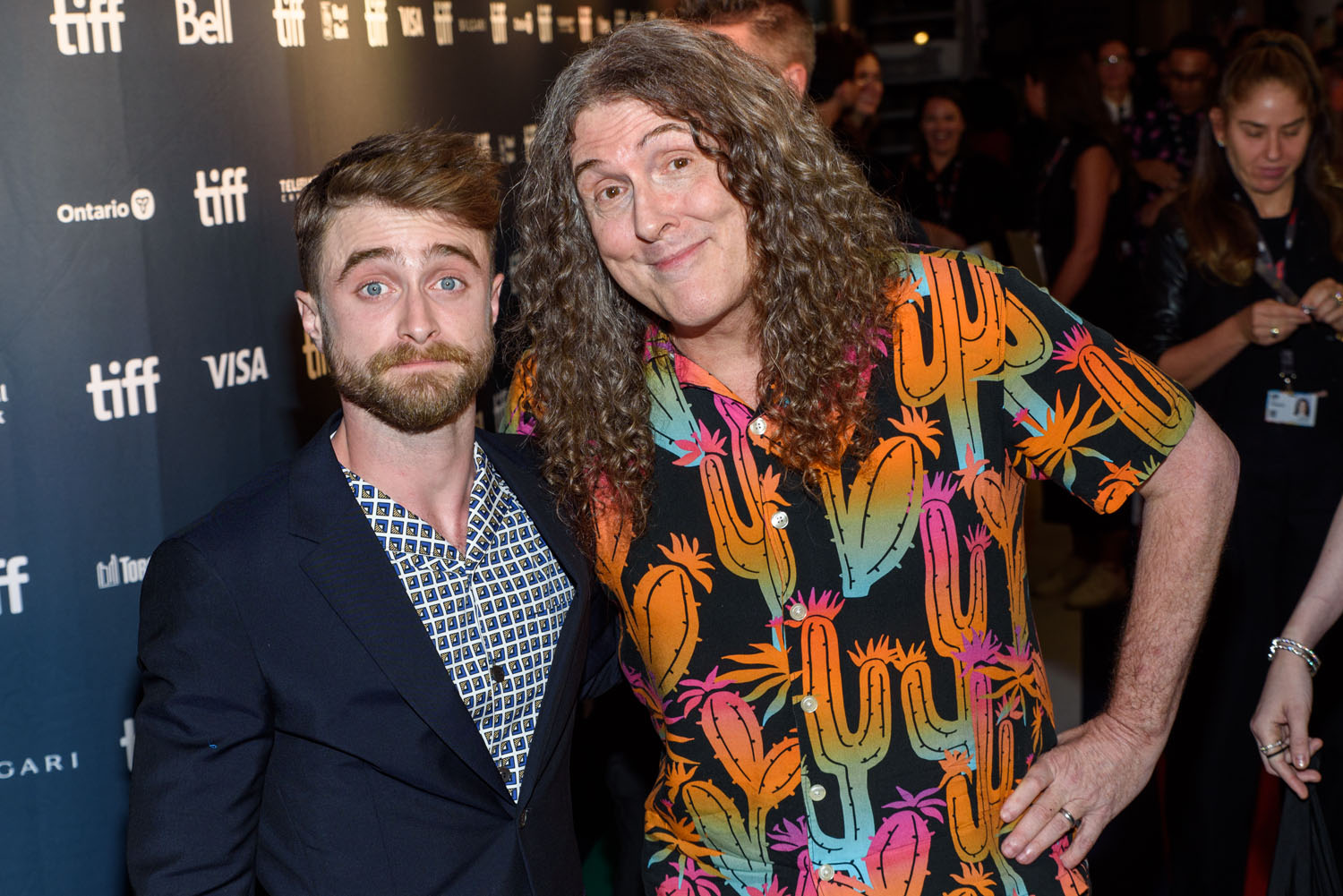TIFF Review: The Fabelmans


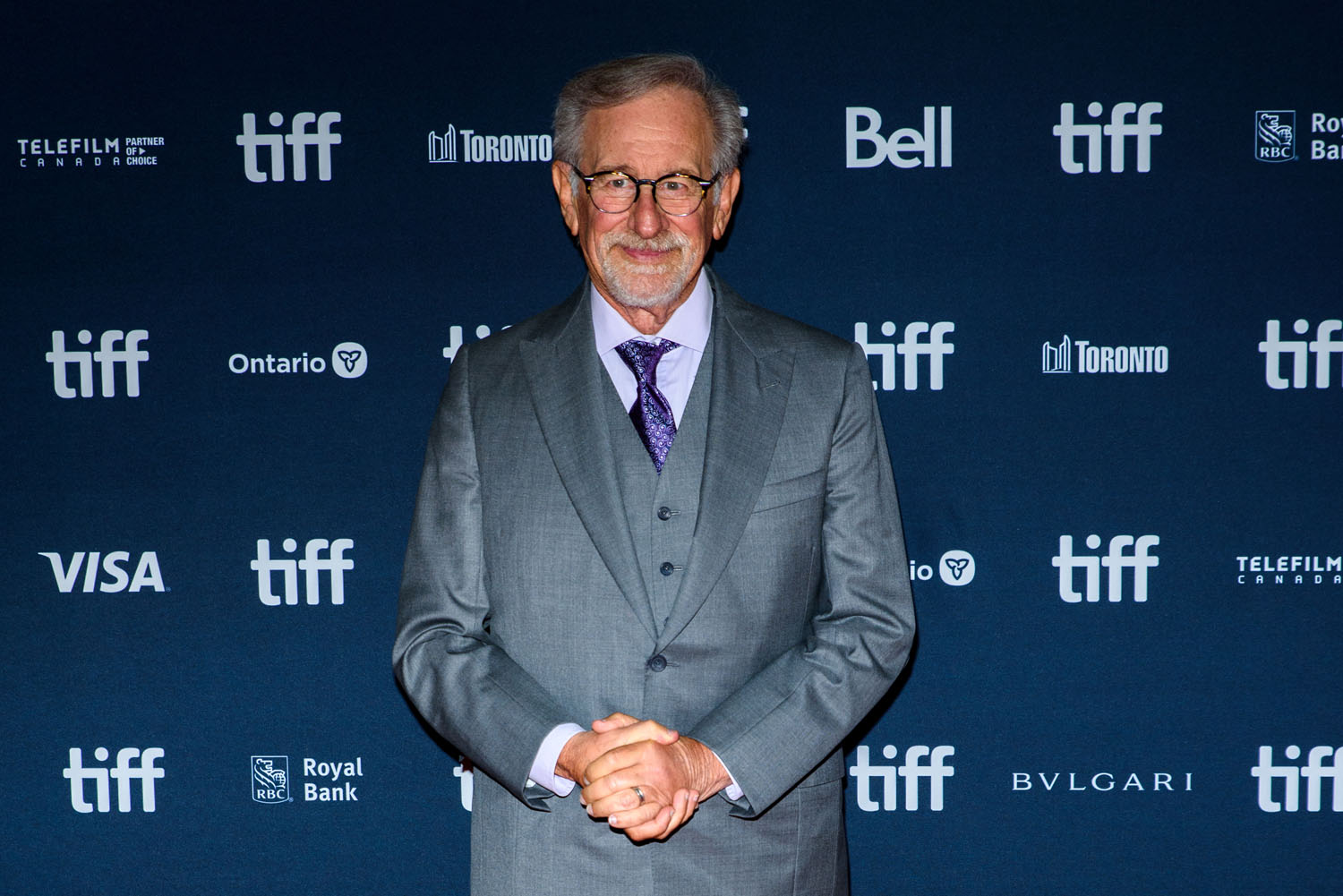
The Fabelmans is a semi-autobiographical account of filmmaker Steven Spielberg’s childhood, marking the first time Spielberg is credited for a screenplay since 2001’s A.I.: Artificial Intelligence. Playwright Tony Kushner returns after adapting West Side Story for Spielberg last year to co-write the script, and Spielberg continues his longtime collaborations with composer John Williams and cinematographer Janusz Kaminski. The Fabelmans is a handsomely made film, part self-dictated bildungsroman depicting how Spielberg, as the fictionalized “Sammy Fabelman”, became interested in and then obsessed with making movies, and part family hagiography as Spielberg sanitizes the events of his childhood for our consumption.
The Fabelmans are an upwardly mobile Jewish family in post-war New Jersey, where Burt Fabelman (Paul Dano at his most “you just stepped on my pet frog”) is an engineer with an eye for how computers are going to change the world. He’s a veteran of World War II, but the quiet kind, the type whose war trauma is hidden under his desire for a simple, suburban life. Mother Fabelman is the glamorous Mitzi (Michelle Williams at her most “give me a goddamned Oscar”), a pianist whose performance ambitions were derailed by marriage, kids, and nuclear normalcy. Sammy (portrayed by Mateo Zoryna Francis-Deford as a young child and Gabriel LaBelle as a teenager), is the eldest of four, and the only boy. Burt and Mitzi are happy to take Sammy to his first movie, The Greatest Show on Earth, thinking it is a movie about the circus, not expecting a graphic-for-the-era train wreck mid-film.
Sammy is haunted by the train wreck, though, which his father interprets as an interest in trains, and buys Sammy an expensive electric train set for Hannukah. When Sammy promptly crashes the train, Mitzi understands Sammy needs to “gain control” of the event in his mind, and encourages him to film the electric train crashing, so that he can watch it repeatedly until he is no longer bothered by it. Sammy, however, ends up crashing the train again and again pursuing perfect shots, and recreating the crash in The Greatest Show on Earth with his toys. And thus, one of American cinema’s most important filmmakers is born.
Alongside Sammy’s cinematic development—which grows through increasingly elaborate cameras, bedroom editing setups, and multi-day film shoots involving dozens of friends—is the story of Burt and Mitzi’s marriage, as witnessed by Sammy. As a cameraman, Sammy is privy to secrets, the kind whispered to lenses seen and unseen. So he is the first to see the truth of the relationship between Mitzi and “Uncle” Benny (Seth Rogen), Burt’s best friend and co-worker. Benny accompanies the Fabelmans on a cross-country move to Arizona but is left behind when Burt joins IBM in California (“land of the giant Sequoia people”, a GREAT line). Sammy knows his mother’s secret and watches her fade away without Benny’s laughing influence, even as she tries to set up their new home in California. Burt loves Mitzi, practically worships the ground she walks on, but they are ill suited, just as Burt and Sammy struggle to understand one another as Sammy grows up.
You cannot fault how a Spielberg film looks, and indeed, The Fabelmans is very pretty to look at. And you cannot fault how it sounds, and indeed, John Williams’ score is lovely. And you cannot fault a script bearing Tony Kushner’s fingerprints, and indeed, The Fabelmans is well written. But while The Fabelmans might be Spielberg’s “most personal” film, as everyone keeps saying, it is hardly his most emotional. He has wrangled with similar themes to greater effect in other films—Jaws, Munich, and Close Encounters of the Third Kind serve better the theme of troubled marriages; E.T. and War of the Worlds are more expressive works about children of divorce, not to mention The Goonies, the story for which Spielberg helped develop; Lincoln, Indiana Jones and the Last Crusade, and Catch Me If You Can make more emotional hay out of embattled fathers and sons.
The Fabelmans is hardly bad, but it is an emotionally remote work. It doesn’t feel so much like an artist working through his past as an artist who has long since processed, boxed, and labelled his experiences. No artist owes their audience their trauma, but The Fabelmans is so carefully constructed to portray such a particular image of the faux-Spielbergs, it works best as a kind of forgiveness, the act of “Sammy” letting his parents off the hook for their foibles and mistakes 60-plus years after the fact. The Fabelmans is a cinematic jewel box, pretty but closed up, the result of an elder statesman in film curating his own childhood nostalgia for mass entertainment.
The Fabelmans will be released exclusively in theaters on November 23, 2022.

